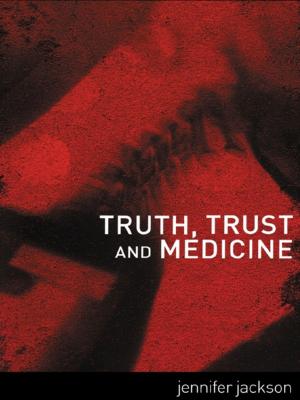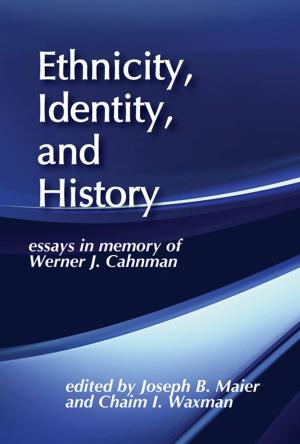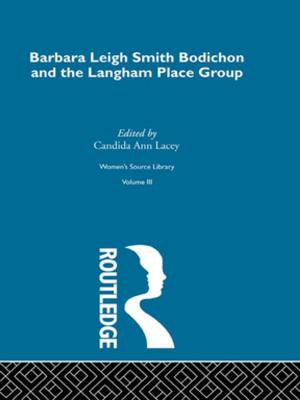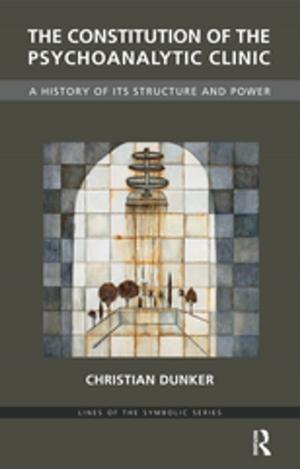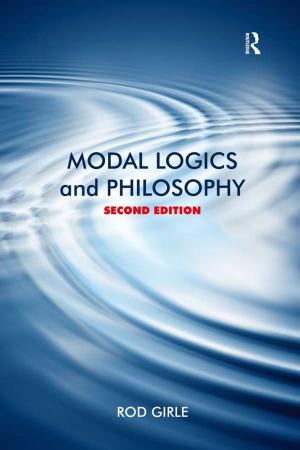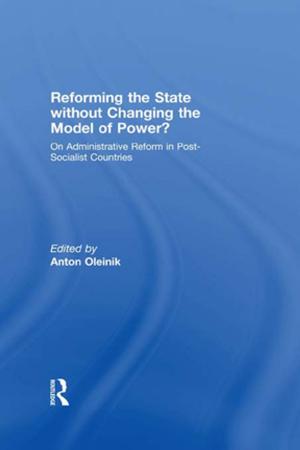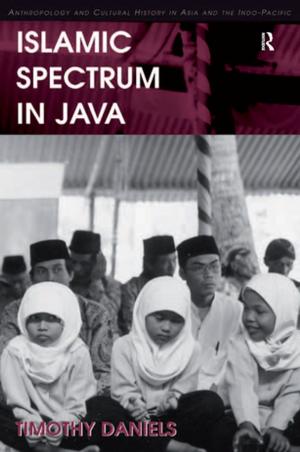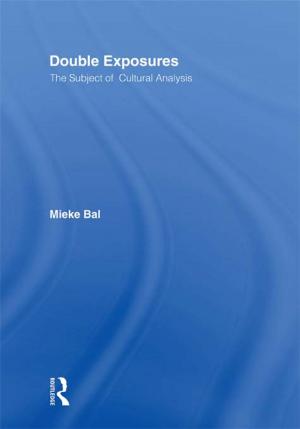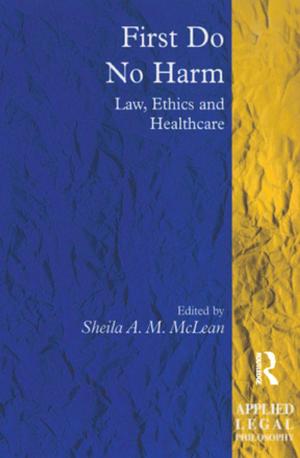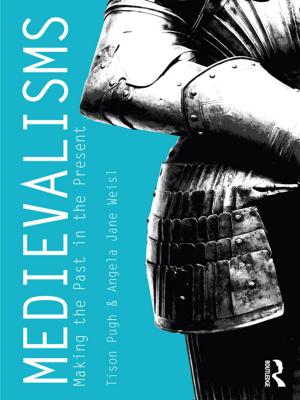House with Wisteria
Memoirs of Turkey Old and New
Nonfiction, Social & Cultural Studies, Social Science, Biography & Memoir| Author: | Halide Edib | ISBN: | 9781351515078 |
| Publisher: | Taylor and Francis | Publication: | July 12, 2017 |
| Imprint: | Routledge | Language: | English |
| Author: | Halide Edib |
| ISBN: | 9781351515078 |
| Publisher: | Taylor and Francis |
| Publication: | July 12, 2017 |
| Imprint: | Routledge |
| Language: | English |
This edition of Halide Edib Adivar's Memoirs, prefaced with Sibel Erol's excellent introduction, is important and timely. When stereotypes of women in the Muslim world abound, Halide's memoirs remind us of the courage and dedication of "foremothers" who struggled for emancipation at both personal and national levels. These memoirs open a window on the search for personal expression of a woman caught up in the oppressive dynamics of her polygamous households (parental and marital), and the travails of national liberation and nation-building in Turkey, in which she played an active role. Halide speaks to us with an urgency which now cries out to be heard more than ever.
Halide Edib's memoirs are indispensable reading for anyone interested in the history of childhood and education in the late Ottoman Empire. Edib worked to spread public education, instituting schools in Istanbul and in the Arab provinces during World War I. Her account is vibrant and direct, off ering an excellent witness to this critical period during which the Empire collapsed.
Halide Edib lived through the most turbulent times in modern Turkish history. Most unusually for a woman of her day, she did so not only as an eyewitness, but as an active political participant. She was on close personal terms with powerful leaders such as Talat Pasha and Ataturk, but retained a critical and independent mind. All this gives her memoirs their unique character. The book provides new light on the Ottoman Empire and the Turkish nation.
This edition of Halide Edib Adivar's Memoirs, prefaced with Sibel Erol's excellent introduction, is important and timely. When stereotypes of women in the Muslim world abound, Halide's memoirs remind us of the courage and dedication of "foremothers" who struggled for emancipation at both personal and national levels. These memoirs open a window on the search for personal expression of a woman caught up in the oppressive dynamics of her polygamous households (parental and marital), and the travails of national liberation and nation-building in Turkey, in which she played an active role. Halide speaks to us with an urgency which now cries out to be heard more than ever.
Halide Edib's memoirs are indispensable reading for anyone interested in the history of childhood and education in the late Ottoman Empire. Edib worked to spread public education, instituting schools in Istanbul and in the Arab provinces during World War I. Her account is vibrant and direct, off ering an excellent witness to this critical period during which the Empire collapsed.
Halide Edib lived through the most turbulent times in modern Turkish history. Most unusually for a woman of her day, she did so not only as an eyewitness, but as an active political participant. She was on close personal terms with powerful leaders such as Talat Pasha and Ataturk, but retained a critical and independent mind. All this gives her memoirs their unique character. The book provides new light on the Ottoman Empire and the Turkish nation.


